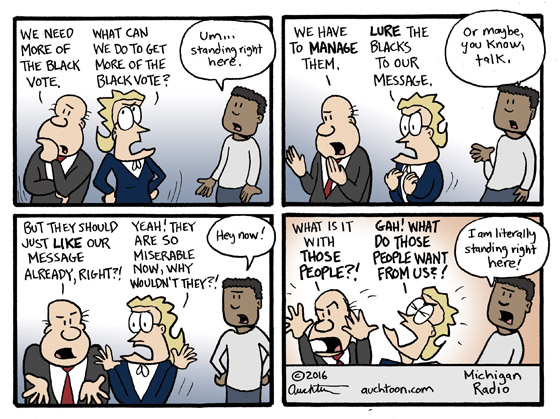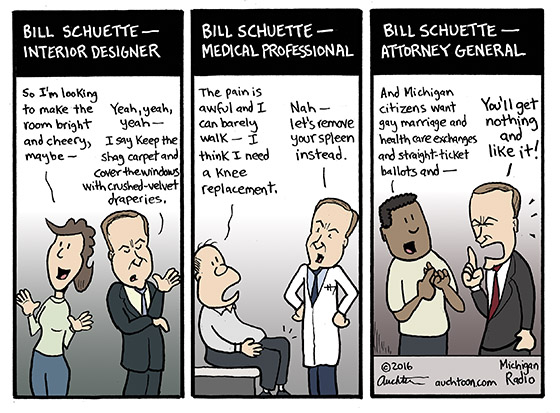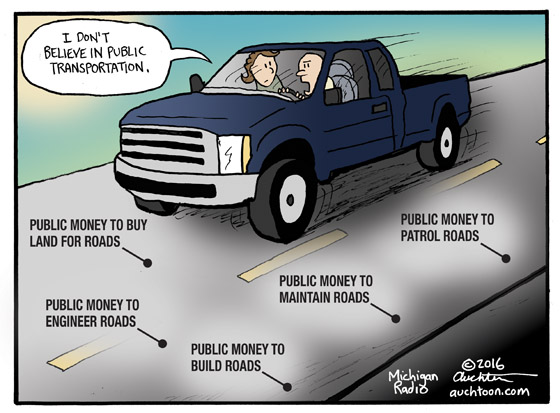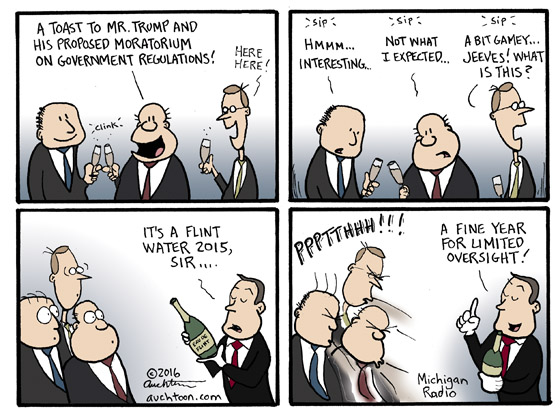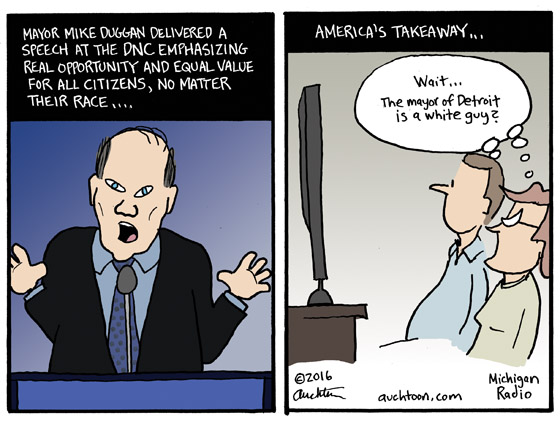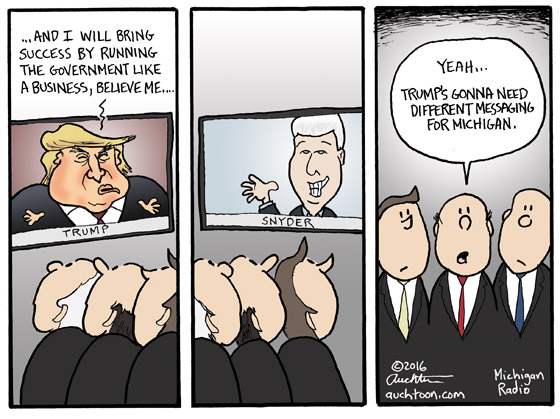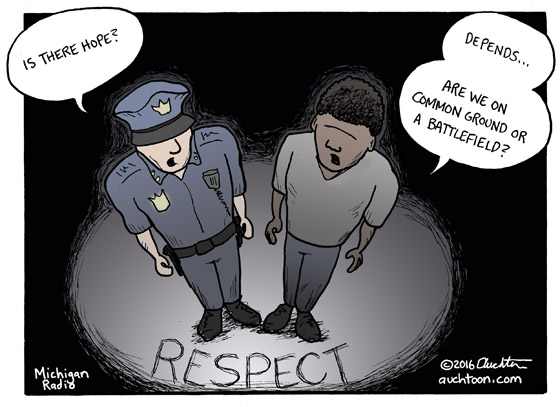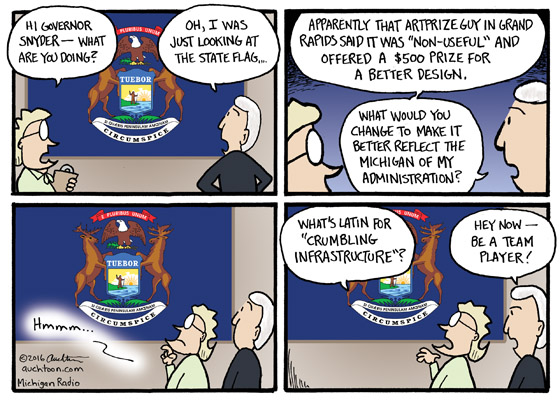We Need More of the Black Vote
Telling the wife of your boss at a dinner party that she is a racist is not a career enhancing move. Turns out, people don’t like to be called racist — even if they are.
Let me explain. Many years ago my boss at the time generously hosted a holiday dinner for his three employees and their spouses. I was sitting next to his wife and in the course of conversation she mentioned growing up in Grand Rapids and her not-so-positive experience with school integration. She had some lingering issues and asked me my assessment.
In a very academic (maybe even Aspergerian) way I told her, yes, I thought she was racist, but qualified it with my mini-thesis on what that means: There are three degrees of racism. First degree is a negative view of somebody else because of their race and openly acting on that negative view (think Archie Bunker). Second degree is a patronizing view of somebody else because of their race (think of kindly people of previous generations, “I feel sorry for colored people.”) Third degree is simply letting a person’s race affect how you treat that person, however small that effect may be.
I told her, like most Americans (including myself), she was probably a third-degree racist. Only the very young and the exceptionally pure are not racist. Still, it didn’t go over well. Also, I had a hard time hiding the fact that I really didn’t care for the mutton that was served, so that didn’t help.
If you are ever faced with a similar situation, my advice would be to avoid rolling out a mini-thesis. And if you can’t deflect the issue altogether, have a discussion instead of forcing a “teaching moment,” which is what I tried to do with this week’s cartoon. How’d I do? (If you feel compelled to call me an idiot, please qualify with what degree.)
